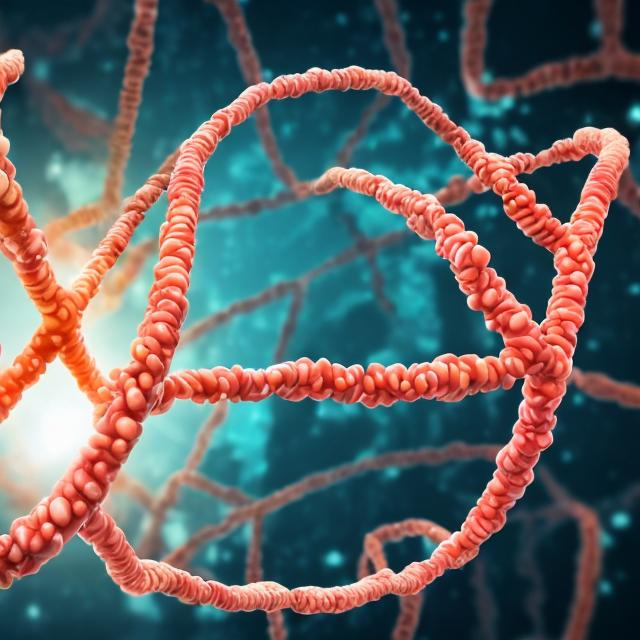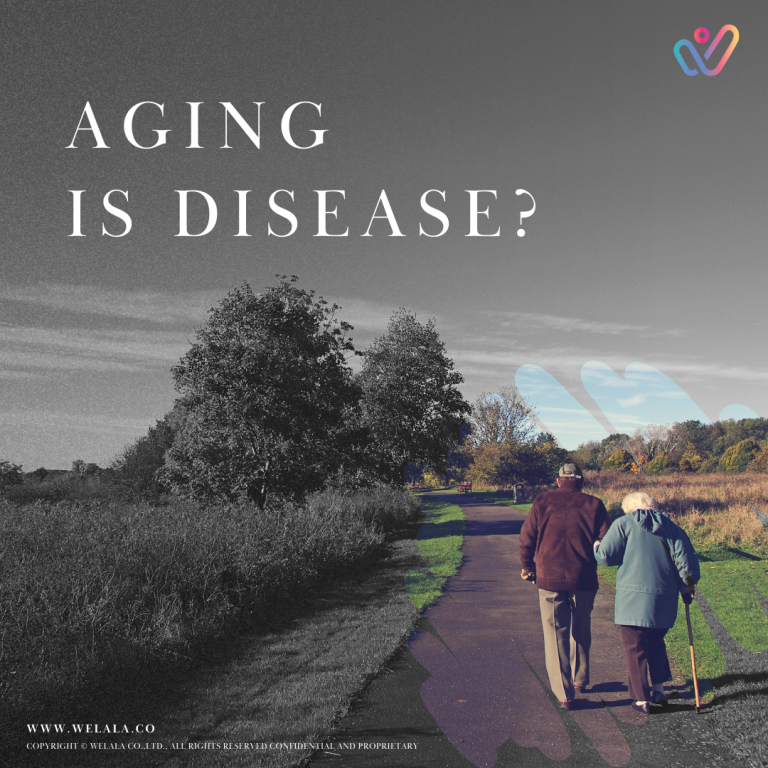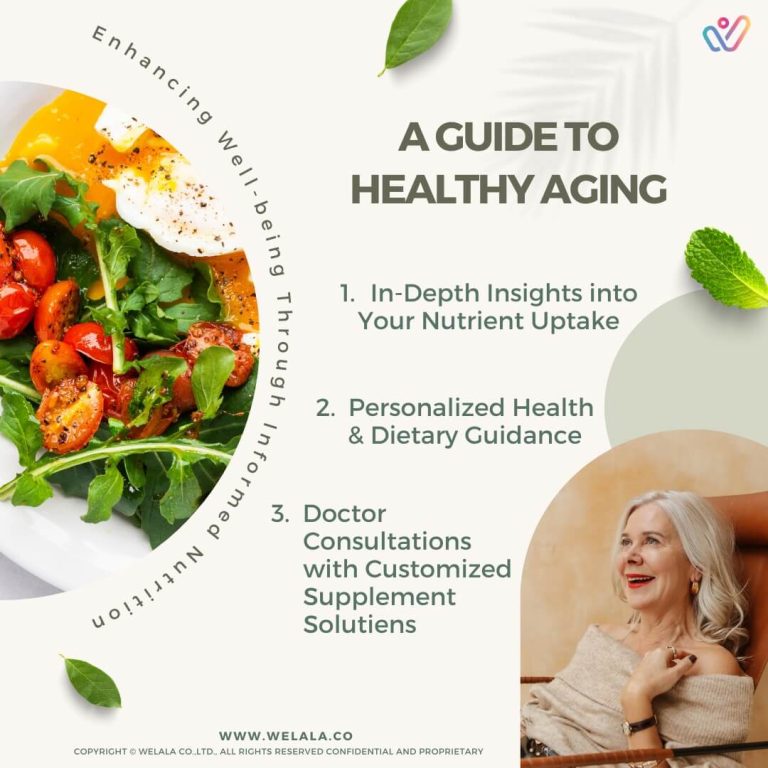In the realm of age measurement, chronological age has long been the gold standard—a straightforward calculation of the time elapsed since birth. Unaffected by lifestyle choices, dietary habits, or environmental factors, chronological age is a widely understood concept. However, the ever-evolving landscape of scientific understanding has ushered in a paradigm shift, introducing the concept of “Biological Age.” Unlike its chronological counterpart, Biological Age assesses how effectively the body functions, transcending the mere count of years since birth. This blog explores the significance of the Biological Age, shedding light on its potential impact on individual health and longevity..
The Importance of Biological Age:
Biological Age, a measure derived from statistical research, encapsulates various factors such as DNA methylation, lifestyle choices, and environmental influences. This holistic approach to age assessment provides a valuable framework for comprehending an individual’s health status and mortality risk
The Epigenetic Connection:
A critical factor in the aging process is the loss of regulation in gene expression. Gene expression governs the activation or deactivation of genes, crucial for fundamental biological functions. Aging disrupts DNA methylation patterns, leading to the accumulation of defective proteins and contributing to age-related chronic conditions such as cancer, heart disease, and Alzheimer’s disease. Understanding this epigenetic connection becomes vital for mitigating the impact of aging on health.
Biological Age as a Health Indicator:
Mounting evidence suggests that Biological Age serves as a more reliable indicator of overall health and disease vulnerability than chronological age. By capturing alterations in DNA methylation patterns and converting them into a numerical value, Biological Age enables a straightforward yet comprehensive evaluation of an individual’s health. This insight can empower individuals to adopt healthier lifestyles, contributing to a longer, healthier life.
The Reversibility of Epigenetic Aging:
The concept of Biological Age brings hope to the business world as it unveils the reversibility of epigenetic changes, including DNA methylation. This groundbreaking revelation implies that epigenetic aging is reversible, allowing individuals to slow down the relentless march of biological aging. Armed with a direct measure of aging, there’s a potential to actively engage in practices that promote a healthier life..
Biological Age is not merely a metric but a tool for individuals to navigate the complex landscape of health and longevity. As we acknowledge the profound implications of aging, understanding Biological Age becomes essential for making informed lifestyle choices. The potential reversibility of epigenetic aging opens new possibilities for individuals to actively contribute to a longer and healthier life.
References:
Zheng, Y., Joyce, B. T., Colicino, E., Liu, L., Zhang, W., Dai, Q., … & Schwartz, J. (2023). Blood Epigenetic Age Atlas Reveals Differences Across People and Age-Related Diseases. BMC Public Health, 23(1), 1-13. https://doi.org/10.1186/s12889-023-16010-1
Business Insider. (2023, May 5). Longevity experts share how to keep your biological age young. Business Insider. https://www.businessinsider.com/longevity-experts-keep-biological-age-young-anti-aging-2023-5
Sample, I. (2022, June 13). Why startups are trying to find your biological age. The Guardian. https://www.theguardian.com/science/2022/jun/13/biological-age-startups-why
Watters, A. (n.d.). What Is Biological Age? Everyday Health. https://www.everydayhealth.com/longevity/what-is-biological-age/
Schlossberg, M. (2023, May 5). I took a test to determine my biological age — here’s what I learned. CNBC. https://www.cnbc.com/2023/05/05/i-took-a-test-to-determine-my-biological-ageheres-what-i-learned.html




